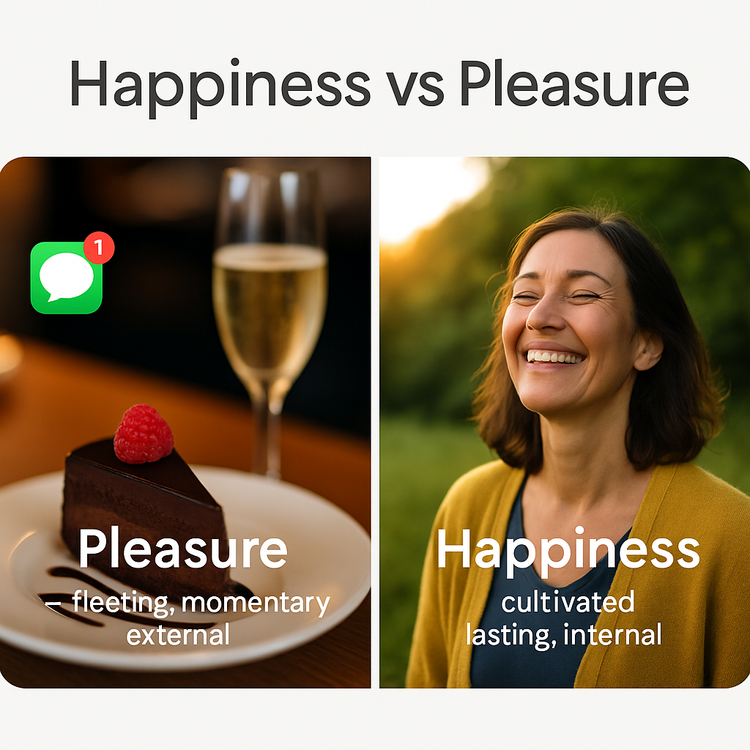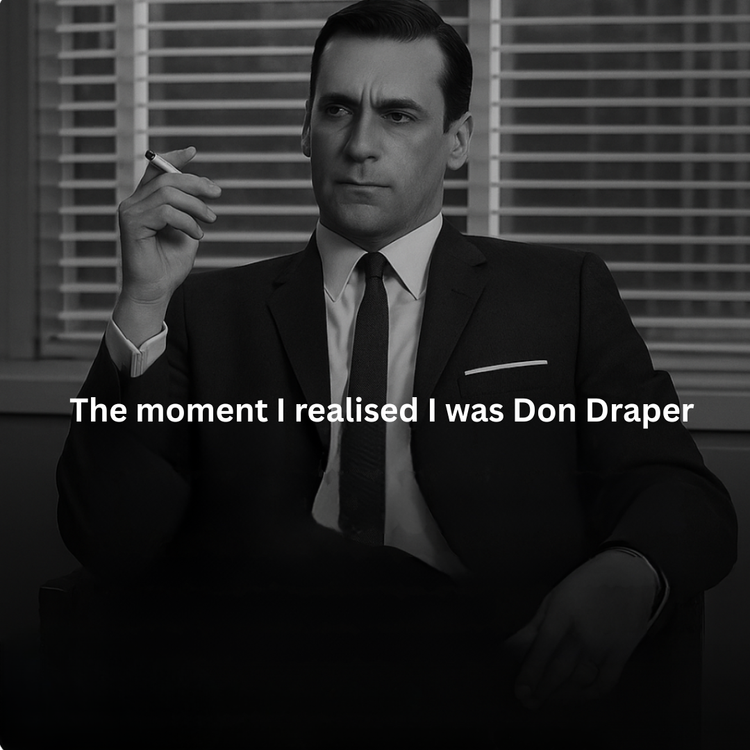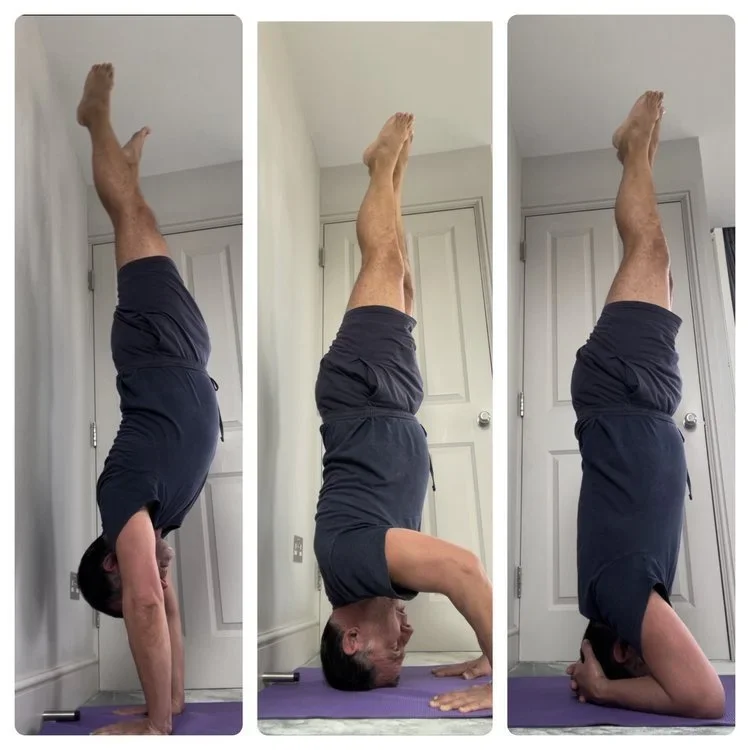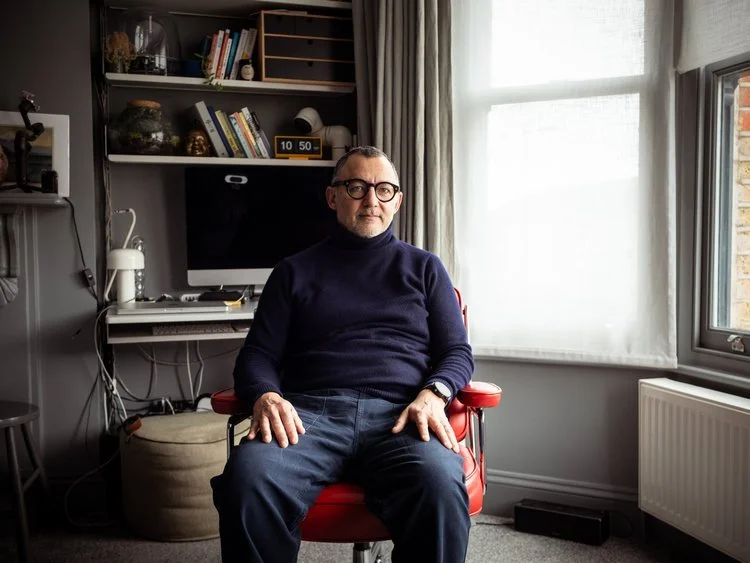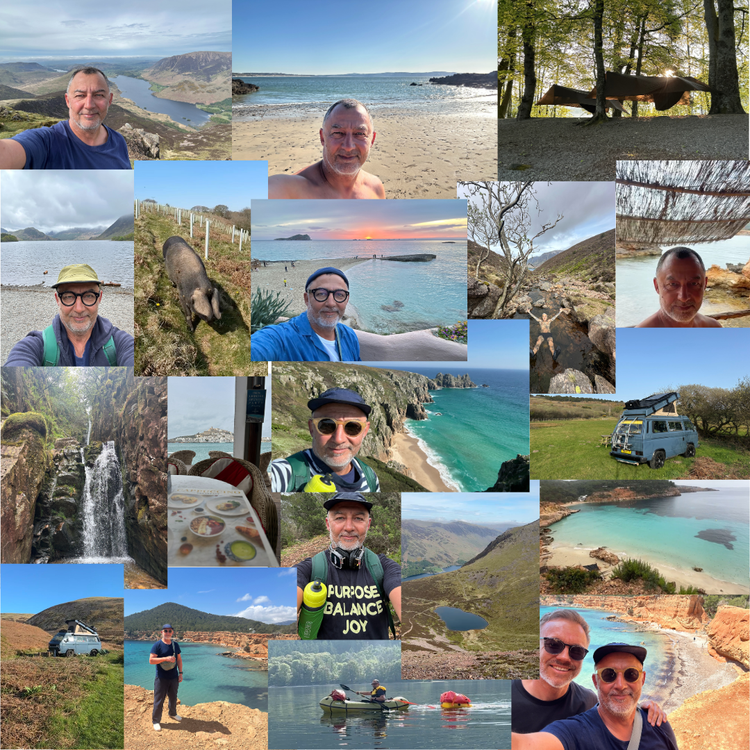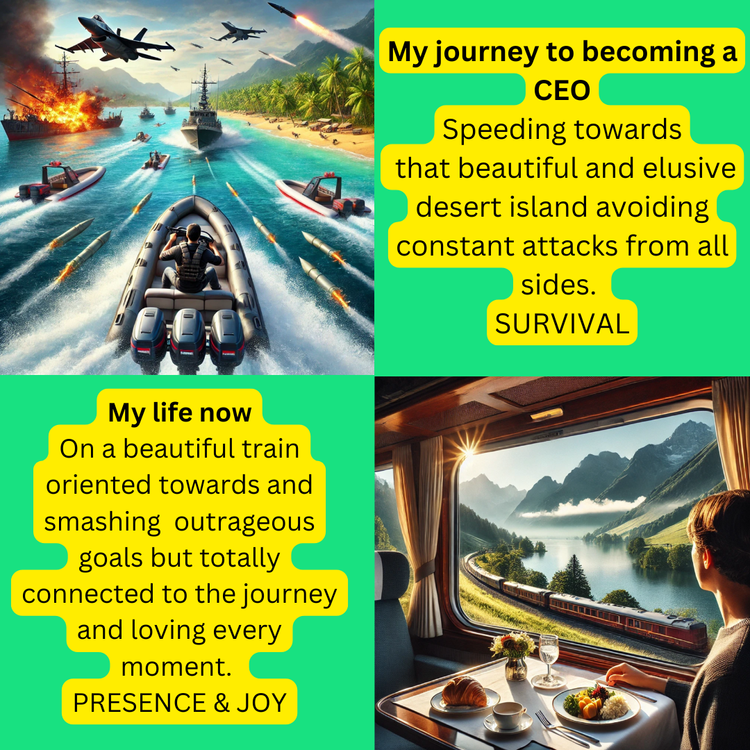Blogs, reflections, insights and tips….
I’m very happy you’ve found your way here.
In my newsletters and on this blog I’ll be sharing regular reflections, insights and tips along the themes of “purpose, balance and joy”.
Essentially anything that I come across that I feel will enhance your quality of life with the very occasional offer to participate in some way, shape or form.
It could be one sentence or a whole load of goodies.
AM I GOOD ENOUGH?

Overcoming Imposter Syndrome: Even the best of us suffer from it sometimes!
Have you ever felt like a fraud, doubting your accomplishments despite evidence of your success? If so, you're not alone.
I know I certainly have. Many times. Despite my success as a CEO that feeling never fully goes away.
In fact, sometimes, the more you achieve, the more of an imposter you feel!
Imposter Syndrome is a psychological pattern where individuals doubt their skills, talents, or accomplishments and fear being exposed as a "fraud." It's a common experience, even among high achievers, but it doesn't have to hold you back.
Let's explore what Imposter Syndrome is, how it manifests, and most importantly, how to overcome it.
Understanding Imposter Syndrome
Imposter Syndrome is more than just a fleeting lack of confidence. It’s a deep-seated belief that you're not as competent as others perceive you to be, and that sooner or later, you'll be "found out." Despite evidence to the contrary—such as degrees, accolades, or professional success—those with Imposter Syndrome often attribute their achievements to luck, timing, or deceiving others into thinking they are more capable than they believe themselves to be.
Common Signs of Imposter Syndrome
Self-Doubt
Constantly questioning your abilities and feeling inadequate, even in areas where you typically excel.Attributing Success to External Factors
Believing that your achievements are due to luck, timing, or external help, rather than your own skills and effort.Fear of Exposure
A persistent fear that others will "discover" your lack of ability and expose you as a fraud.Overworking
Compensating for your perceived inadequacies by over-preparing and pushing yourself to work harder than necessary.Discounting Praise
Brushing off compliments or praise, thinking that others are just being nice or don't truly understand your work.
The Impact of Imposter Syndrome
Imposter Syndrome can take a significant toll on your mental and emotional well-being. It can lead to chronic stress, anxiety, and burnout.
It may also hold you back from pursuing new opportunities, taking risks, or fully embracing your achievements. Over time, this mindset can hinder personal growth and professional advancement.
Strategies to Overcome Imposter Syndrome
Acknowledge Your Feelings
The first step in overcoming Imposter Syndrome is recognising and acknowledging your feelings. Understand that these thoughts are common and that many successful people have experienced them. By bringing these feelings into the open, you can begin to challenge and reframe them.
Reframe Your Thoughts
Challenge the negative beliefs that fuel Imposter Syndrome. Instead of attributing success to luck, recognise the hard work, dedication, and skills that contributed to your achievements. Reframe your self-doubt by reminding yourself of your qualifications and the value you bring.
Embrace Your Achievements
Keep a record of your accomplishments, no matter how small. Whether it’s a project you completed, praise from a colleague, or a goal you achieved, documenting these successes can serve as a powerful reminder of your capabilities. Celebrate your achievements and allow yourself to feel proud of your work.
Seek Support and Mentorship
Talk to others about your feelings of inadequacy. Whether it's a trusted friend, colleague, or best of all coach, sharing your experiences can help you gain perspective. You may find that others have felt the same way and that you are not alone. A coach can provide valuable guidance and help you build confidence and belief in your abilities.
Practice Self-Compassion
Be kind to yourself. Recognise that no one is perfect, and it's okay to make mistakes and learn from them. Treat yourself with the same compassion and understanding that you would offer to a friend in a similar situation.
Focus on Continuous Learning
Embrace the idea that learning is a lifelong process. Instead of striving for perfection, focus on growth and development. By adopting a growth mindset, you can view challenges as opportunities to learn rather than as threats to your competence.
Visualise Success
Practice visualisation techniques to help build confidence. Imagine yourself succeeding in your role, receiving praise for your work, and feeling confident in your abilities. Visualisation can help shift your mindset and reinforce positive beliefs about your capabilities.
The Power of Self-Belief
Overcoming Imposter Syndrome is not about eradicating self-doubt entirely—it's about learning to manage it and not letting it define you. By challenging negative thoughts, embracing your achievements, and focusing on growth, you can build a stronger sense of self-belief and unlock your true potential.
Remember, you are not an imposter. Your achievements are real, and you deserve to succeed.
No one person has the right answers to everything. In fact, there are no right answers. We’re all making it up!
By confronting and overcoming Imposter Syndrome, you can step into your power and embrace the opportunities that lie ahead.
And most importantly enjoy the journey!!! 😀
Some Inspiration for Your Journey
Watching Recommendation 🎥
“The Surprising Solution to the Imposter Syndrome” – In this TED Talk, Lou Solomon explores the causes of Imposter Syndrome and offers practical advice on how to overcome it. She emphasises the importance of embracing vulnerability and authenticity as keys to defeating self-doubt.
Reading Recommendation 📘
“The Secret Thoughts of Successful Women” by Valerie Young – This book delves into the different ways Imposter Syndrome manifests, especially among women. It offers practical strategies to recognise and overcome these feelings, empowering readers to embrace their success.
Listening Recommendation 🎧
“Imposter Syndrome: How to Crush It” – This episode from The Mindvalley Podcast explores the psychology behind Imposter Syndrome and provides actionable steps to overcome it. It features insights from experts and personal stories that resonate with anyone who has ever felt like an imposter.
Final Thoughts
Imposter Syndrome is a common experience, but it doesn't have to hold you back.
By understanding its roots and implementing strategies to counteract it, you can build confidence, embrace your achievements, and step into your true potential.
Remember, every success you achieve is a testament to your hard work, talent, and perseverance. You are not an imposter—you are exactly where you’re meant to be.


